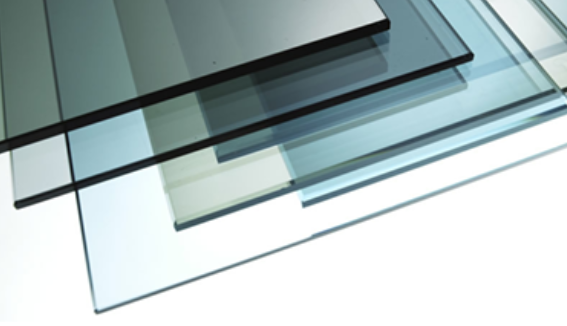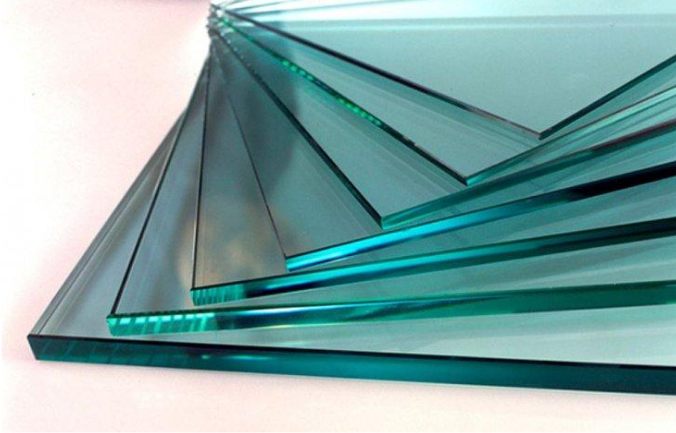SUSTAINABILITY OF GLASS: STRENGTH, DURABILITY, AND SAFETY
Glass is one of the most common materials in the modern world. It is used everywhere, from windows and mirrors to mobile phones and automobiles. But how is glass made resistant? What mechanisms of protection against destruction and damage exist?


Strength of Glass
The strength of glass depends on several factors, including its thickness, material quality, and degree of processing. Glass usually undergoes several processing stages, including cooling and tempering. Cooling allows the glass to cool evenly, which reduces the likelihood of defects such as cracks or internal stresses. Tempering occurs after cooling and involves heating the glass to high temperatures and then rapidly cooling it. This process increases the strength of the glass and reduces the likelihood of its destruction.
However, even with all precautions, glass can still be destroyed. For example, glass can break when struck or subjected to a sudden temperature change. This can lead to injuries, as well as damage to the environment. Therefore, it is important to take measures to ensure safety when using glass.
Safety of Glass
There are several ways to ensure the safety of glass. One of them is the use of lamination. Lamination is the process of bonding two or more layers of glass with a special film between them. This film is very strong and can hold the glass in place even if it breaks. This process makes the glass safe to use in automobiles, building windows, and other places where there is a risk of its destruction.
Another way to ensure the safety of glass is to use tempered glass. Tempered glass undergoes a tempering process that increases its strength and reduces the likelihood of its destruction. If tempered glass does break, it will not form sharp shards that can cause injury. Instead, it will shatter into small pieces that do not pose a serious threat to the safety of those around it.
Durability
Durability of glass depends on the quality of the material and how it is cared for. Glass can be exposed to various elements such as rain, snow, sunlight, etc. If glass is not regularly maintained and cleaned, it may lose its strength and look unsightly.
To keep glass in good condition, it needs to be regularly cleaned and maintained. This may include removing dust and dirt, cleaning fingerprints, and using special glass cleaning products. In addition, glass should be protected from mechanical impacts such as impacts or scratches.
In conclusion, the stability of glass depends on its strength, safety, and durability. The strength of glass can be increased through tempering and other processing methods. The safety of glass can be ensured through lamination and the use of tempered glass. The durability of glass depends on the quality of the material and how it is cared for. Glass should be regularly cleaned and maintained to keep it in good condition. All of these measures ensure the safety and durability of glass, making it an essential material in the modern world.


When choosing glass for use in glass doors and partitions, several important factors should be considered. First and foremost is safety. As mentioned earlier, tempered glass is a safer option as it does not form sharp shards when broken. Additionally, for glass doors and partitions that are used in high-traffic areas, it is necessary to select glass with high strength to withstand impacts and loads.
Secondly, aesthetic aspect should be taken into account. Glass can come in various colors, shades, textures, and reflective properties. When choosing glass for glass doors and partitions, one should consider how it will complement the overall style and interior of the space.
Thirdly, functionality should be considered. For example, special sound-absorbing glass should be used for partitions that need to provide sound insulation. Coated glass can also be used to provide protection from ultraviolet rays and insulation.
One of the most popular types of glass for use in glass doors and partitions is tempered glass. It has high strength and safety, as well as aesthetic appeal. However, it can be quite expensive, so depending on specific requirements and budget, other types of glass may be used.


OUR CONTACTS
- (347)860-7999
- sales@glass-desire.com
- 1951 68th street, Brooklyn NY 11204
- 9:00AM - 6:00PM | Monday - Friday
Tagged glass, new york, sustainability, Sustainability of glass
